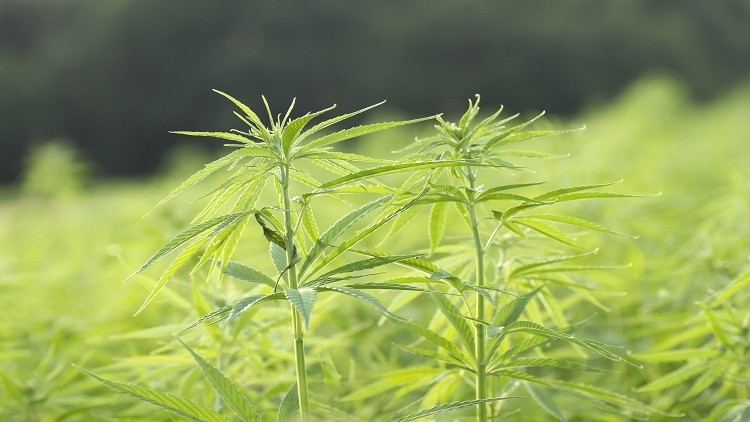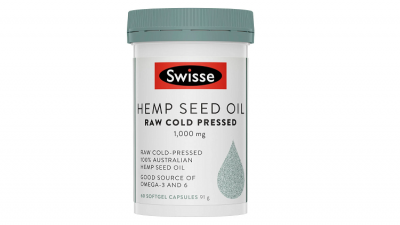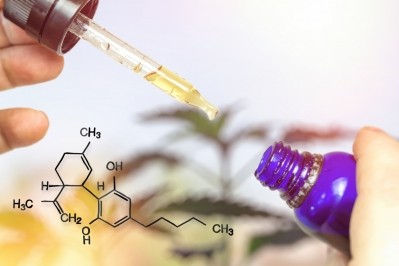Supplement firms express interest as Thai authorities relax rules on the use of hemp and CBD

Elixinol, which already operates in Japan, Australia, the US, and the UK, is one of such firms.
In response to queries from NutraIngredients-Asia, founder and CEO, Paul Benhaim said the firm “has interest in this possibility and is open to further discussions with potential Thai business partners.”
Under Thai regulation, to protect the nascent hemp and CBD industry, only locally licensed enterprises can take part in the industry in the next five years.
On the other hand, Chinese firm HMI Group’s chairman, Peter Tan, said the firm already had some contacts in Thailand, which he described as a “very important market in Asia.”
“We have some contact with Thailand at the application level (final product). When the time and conditions are ripe, we will consider the layout in Thailand,” Tan said.
With effect from Aug 27, hemp extracts that contain a ratio of cannabidiol (CBD) to tetrahydrocannabinol (THC) not exceeding 0.01% to 0.2% by weight can be used in herbal products and medical drugs.
Dried hemp barks, stems, fibres, hemp seeds, and hemp seed oil can also be used in traditional medicine, foods, and cosmetics.
Concerns
Since the announcement, different parties, including the academia, have voiced out the areas of concern.
Industry expert, Dr Anadi Nitithamyong, VP for academic affairs of Food Science and Technology Association of Thailand (FoSTAT), told us that many issues had to be discussed, such as setting up standards on the effective dosage amount.
“The new regulations will certainly open up opportunities for the food and herbal industry. Nevertheless, I think there are a lot of things to be discussed in terms of product formulation as well as control of quality and how consumers will respond to the trend.
“Establishing legal and effective or beneficial doses which will reflect the guideline in product formulation and control. Analytical capacity of quality laboratory will also be another challenge,” she said.
On the other hand, the People's Civil Network for Cannabis for Medical Treatment, feedback that limits on the CBD to THC ratio would not benefit local growers.
“It will be very difficult for local growers to benefit from this simply because the CBD to THC ratio outlined in the regulation is too low, which makes it hard for small-scale growers to follow,” Bangkok Post quoted Panthep Puapongpan, a coordinator at the network.
According to the report, Puapongpan had asked the authorities to increase the overall ratio to 1%, so that it would make work easier for the farmers.
NutraIngredients-Asia has contacted the Thai FDA for further comments.



















